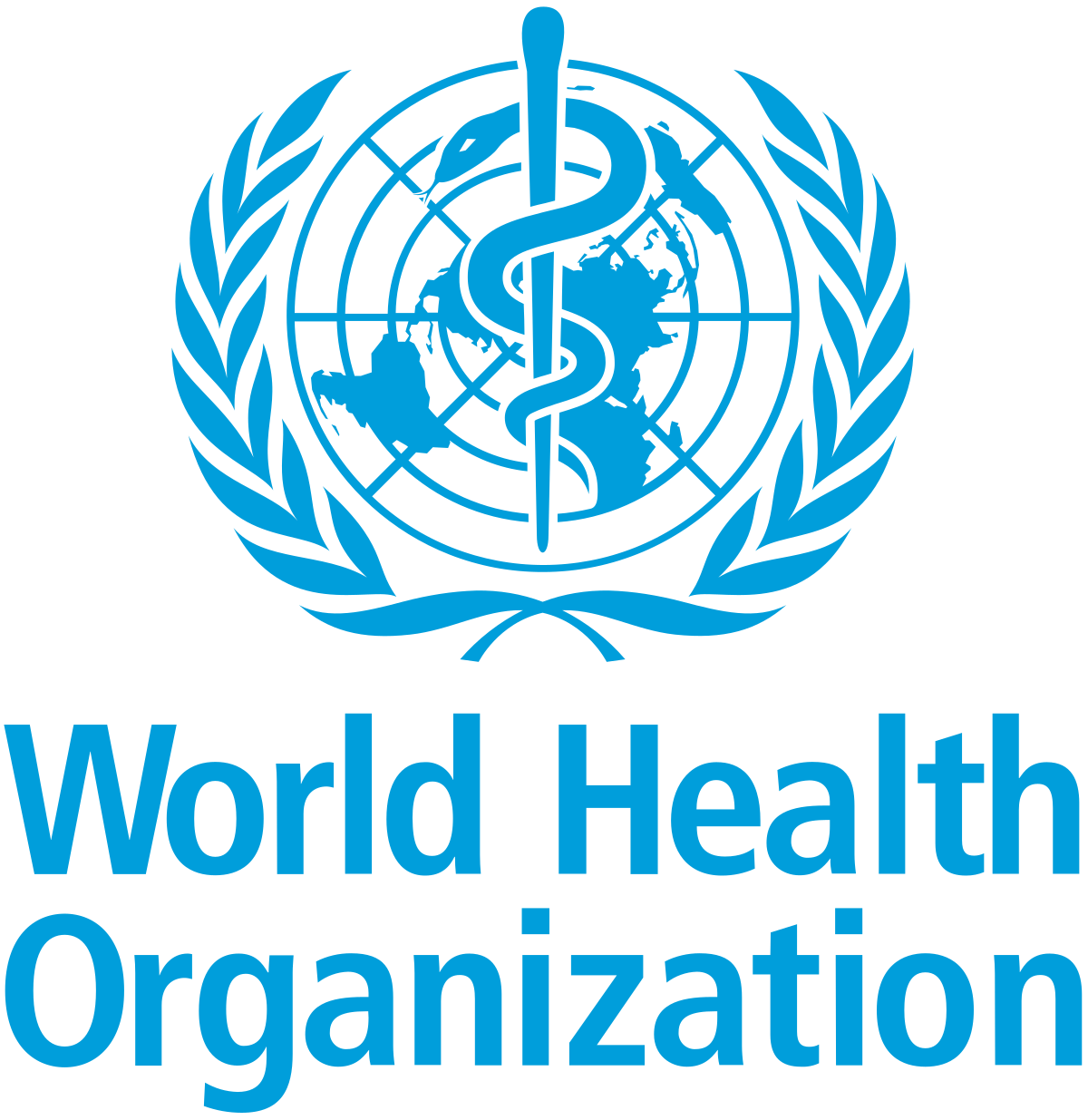Health policy experts are urging the Federal Government to unify Nigeria’s fragmented pharmaceutical sector, warning that duplication and weak coordination are delaying access to affordable medicines.
Speaking at a high-level stakeholders’ engagement in Abuja today under the Improving Access to Medicines through Policy and Technical Support (IMPACT) project, the Supply Chain Management Officer at the World Health Organisation (WHO), Dr Tayo Hamzat, said harmonisation is no longer optional.
“Harmonisation will lead to faster access to health products, lower costs, improved efficiency, and better regulatory oversight,” Hamzat stressed. “It requires collaboration and a focus on strengthening national systems.”
Director-General of the West Africa Institute of Public Health, Dr Francis Ohanyido, said the approach was “common sense” in an era of shrinking development financing.
“Harmonisation can help us identify clear gaps, especially as we prepare for the African Continental Free Trade Area (AfCFTA),” he said.
Representing the EU Delegation to Nigeria and ECOWAS, Dr Anthony Ayeke called for regulatory streamlining and innovation, noting: “Harmonisation can accelerate local production, reduce import dependency, and improve healthcare system resilience.”
National Coordinator of the Pharmaceutical Value Chain Transformation Committee (PVAC), Dr Abdu Mukhtar, emphasised the need to attract sustainable investment and align interventions with the vision of affordable, high-quality healthcare.
The National Institute for Pharmaceutical Research and Development (NIPRD) warned that fragmented policies are stunting sector growth.
“Equitable access to quality medicine is the foundation of universal healthcare,” said Prof. Philip Builders, representing NIPRD Director-General Dr Obi Adigwe. “It’s about equity, national security, and economic survival.”
Participants agreed to develop practical strategies to make Nigeria’s pharmaceutical sector self-reliant, competitive, and responsive to national healthcare needs.



